Ever wondered how often cats pee? On average, a healthy cat will urinate about two to four times a day, though this can vary depending on diet, age, and overall health. Monitoring your cat’s litter box habits is important—changes in frequency could indicate an underlying issue.
In this article, we’ll explore what’s considered normal, what factors can affect your cat’s urination patterns, and when to be concerned, so you can better understand and care for your feline friend.

How Often Should Cats Pee
Healthy cats typically pee two to four times daily. This range is normal for most cats. However, some might urinate more or less frequently. You should monitor your cat's habits to ensure they fall within this range.
If your cat pees significantly more or less, it might be time to investigate further.
What Factors Affect Cat’s Pee
Cats, like humans, have unique habits. Their urination patterns can change due to various reasons. Understanding how long a cat can go without peeing is part of recognizing what's normal and what’s not. Several factors can influence how often cats pee, and being aware of them can help you keep your feline friend healthy.
📒 External causes
- Diet and Water Intake: Cats that consume wet food or drink plenty of water may urinate more frequently. Conversely, those on dry food might pee less.
- Weather Conditions: When it’s hot and humid, cats might need to pee more often because they drink extra water to stay cool.
- Litter Box Cleanliness: Cats like clean litter boxes. If the box is dirty, they might not want to use it as much, which could change how often they pee.
- Stress and Environment: Stressful situations or changes around them can affect how often cats pee. They might pee more or less if they’re feeling stressed.
📒 Individual Differences:
Every cat is unique. Some cats naturally pee more often than others. Factors like age, health, and activity level play a role:
- Age: Kittens tend to urinate more frequently than adult cats. Their smaller bladders and higher activity levels contribute to this.
- Health Conditions: Medical conditions like urinary tract infections or diabetes can alter urination frequency. It's essential to watch for any sudden changes.
- Medications: Certain medications can impact how often cats pee. For instance, Clomipramine, used for urine-marking, has been shown to reduce inappropriate urination episodes by 75% in some cats.
By understanding these factors, you can keep a closer eye on your cat’s health. If you notice any unusual peeing habits, it’s a good idea to check with a vet. Keeping track of how often your cat uses the litter box can give you important clues about their well-being.

What Are the Signs of Unnormal Pee
Recognizing unusual urination signs in your cat can help you catch potential health issues early. Here are some key indicators to watch for:
Changes in Frequency
If your cat starts peeing more or less often than usual, it might signal a problem. Cats with urinary issues often experience increased frequency due to discomfort or urgency.
On the other hand, a decrease in urination could indicate a blockage or dehydration. Keep an eye on how often your cat uses the litter box. If you notice any significant changes, it's time to consult your vet.
Unusual Color or Smell
The color and smell of your cat's urine can tell you a lot about their health. Healthy cat urine is typically pale yellow and has a mild odor. If you notice a strong, foul smell or a change in color, such as dark yellow, red, or brown, it could indicate an infection or other health issue.
Blood in the urine is a serious sign and requires immediate veterinary attention. Always check the litter box for any unusual signs.
Straining or Discomfort
Cats experiencing urinary problems may strain or show signs of discomfort while trying to pee. You might notice your cat spending more time in the litter box or making frequent trips without producing much urine. They may also vocalize or appear distressed during urination.
Feline idiopathic cystitis, a common condition, can cause painful straining and even bloody urine. If your cat shows any of these symptoms, seek veterinary care promptly.
By staying vigilant and recognizing these signs, you can ensure your cat receives the care they need. Early detection and treatment can make a significant difference in your cat's health and well-being.
What Health Issues Might Unnormal Pee Cause?
Unusual urination patterns in your cat can indicate health problems. Let’s look at some common conditions that might cause these changes.
Urinary Tract Infections
Urinary tract infections (UTIs) occur when bacteria infect the bladder. This leads to inflammation and discomfort during urination. You might notice your cat making frequent attempts to urinate but producing little or no urine.
Blood in the urine is another common symptom. If you observe these signs, it's crucial to seek veterinary care promptly. UTIs can cause significant discomfort for your cat and may lead to more severe complications if left untreated.
Kidney Disease
Kidney disease is another condition that can affect your cat's urination habits. Cats with kidney disease often drink more water and urinate more frequently. You might also notice weight loss, decreased appetite, and lethargy.
Kidney disease can progress over time, so early detection is vital. Regular check-ups with your vet can help catch this condition early and manage it effectively.
Diabetes
Diabetes in cats can lead to increased thirst and urination. You might notice your cat drinking more water than usual and making more frequent trips to the litter box. Other symptoms include weight loss despite a good appetite and increased lethargy.
If you suspect your cat might have diabetes, consult your vet for a proper diagnosis and treatment plan. Managing diabetes requires a combination of diet, medication, and regular monitoring.
By understanding these potential health issues, you can better monitor your cat's well-being. If you notice any unusual urination patterns, don't hesitate to consult your vet. Early intervention can make a significant difference in your cat's health and quality of life.
When to Consult a Vet
It is important to keep a daily eye on your cat's urination habits. Contact your vet if you experience any of the following:
🔔 Continuous Changes in Urinary Habits
If your cat's peeing habits change and stay that way, it's time to see your vet. Continuous changes may indicate a health problem that needs to be checked out.
🔔 Accompanying Symptoms
If there are other signs, such as straining when urinating, making noises, blood in the urine, lethargy, or loss of appetite, act quickly and visit your vet.
🔔 Preventive Checkups
Regular veterinary checkups are essential for your cat's health. Even if your cat seems fine, these checkups can catch problems early and keep everything running smoothly.
By being proactive and paying attention to your cat's urination habits, you can ensure that your cat is properly cared for. Taking action early can make a big difference in your cat's health.
Conclusion
Understanding your cat's urination habits is key to ensuring their health. Typically, healthy cats pee two to four times a day, but factors like diet, age, or health can cause changes. Pay attention to any shifts in frequency, color, or behavior, as these may signal potential issues.
Regular monitoring helps you catch problems early. If you spot anything unusual, consult your vet for guidance. Remember, staying informed and proactive about your cat's bathroom routine is an essential part of responsible pet ownership.
FAQs About Cat Pee
❓ How Can I Monitor My Cat's Pee?
A: You can tell by how often your cat uses the litter box, and by checking the color and odor of the urine. Healthy cat urine should be light yellow with a mild odor. If you notice anything unusual, like a strong smell or a different color, it might be time to consult your vet.
Consider using a litter box with a clear bottom. This can help you see any changes in the urine more easily. Also, keep the litter box clean. Cats prefer a tidy space, and a dirty box might discourage them from using it.
❓ What Should I Do If My Cat Stops Peeing?
A: If your cat suddenly stops urinating, it could be a sign of a serious problem. Urinary problems in cats are more common than you might think. First, check to see if your cat is straining or showing signs of discomfort. If so, seek veterinary care immediately. A blockage can be life-threatening and needs to be addressed immediately.
In the meantime, encourage your cat to drink plenty of water. You can do this by providing fresh water each day or using a pet drinking fountain. Wet food can also help increase their water intake.
❓ Why Is My Cat Peeing a Lot?
A: Excessive urination in cats, also known as polyuria, can be caused by several factors, including:
- Medical Conditions: Diabetes, kidney disease, or hyperthyroidism are common causes.
- Urinary Tract Infections (UTIs): These can irritate the bladder, leading to frequent urination.
- Increased Water Intake: Often a result of an underlying health issue like diabetes or kidney problems.
- Stress or Anxiety: Changes in environment or routine can trigger stress-related urination.
If your cat is peeing a lot, consult your veterinarian to rule out serious health issues and determine the best course of treatment.
❓ Why Is My Cat Not Peeing?
A: A cat not peeing for an extended period can indicate a medical emergency. Possible reasons include:
- Urinary Blockage: A life-threatening condition, especially in male cats, where the urethra is blocked.
- Dehydration: Lack of water can lead to reduced urination.
- Bladder Infections or Cystitis: These can cause discomfort, making the cat avoid urinating.
- Stress: Anxiety or fear may lead to suppressed urination.
If your cat hasn’t peed in 24 hours or shows signs of pain, lethargy, or distress, seek immediate veterinary care.


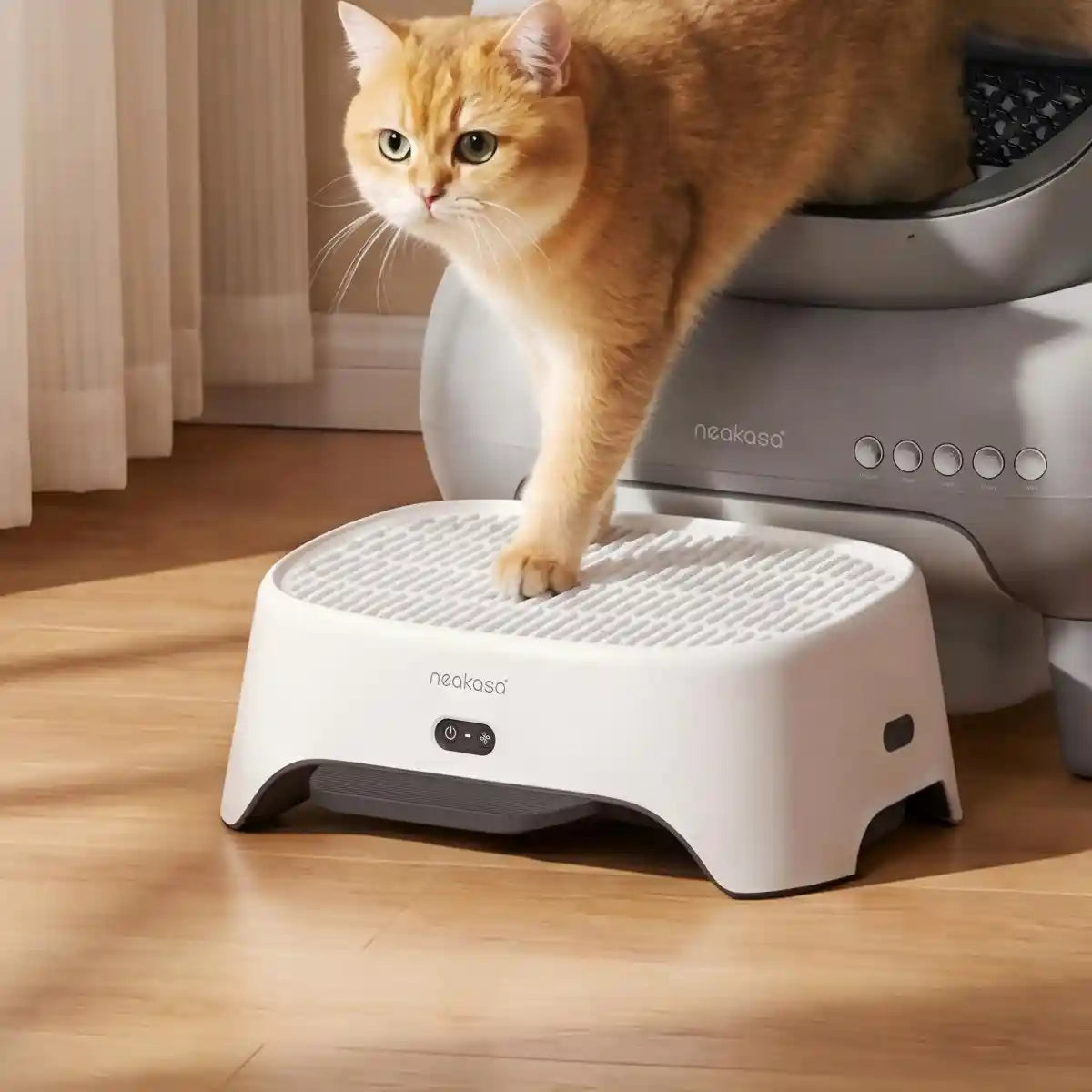
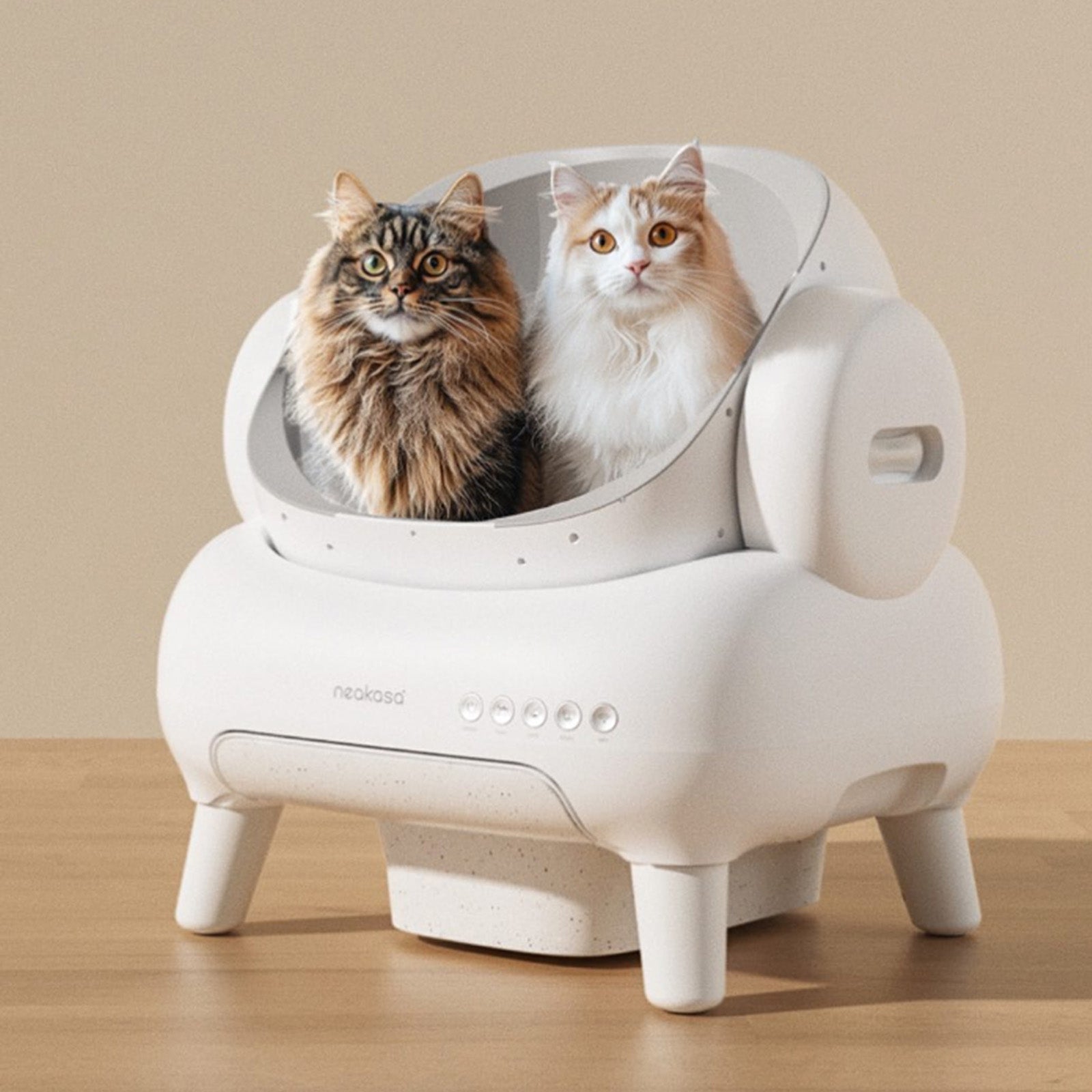
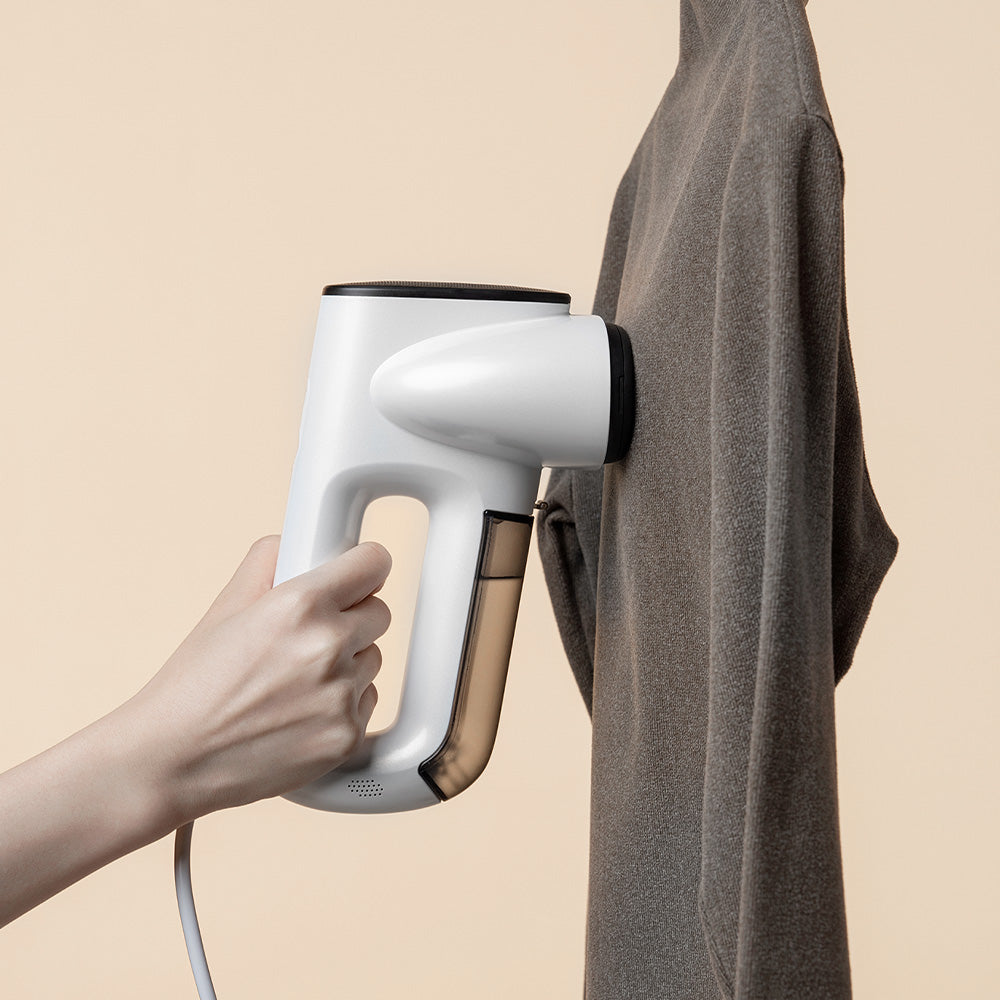
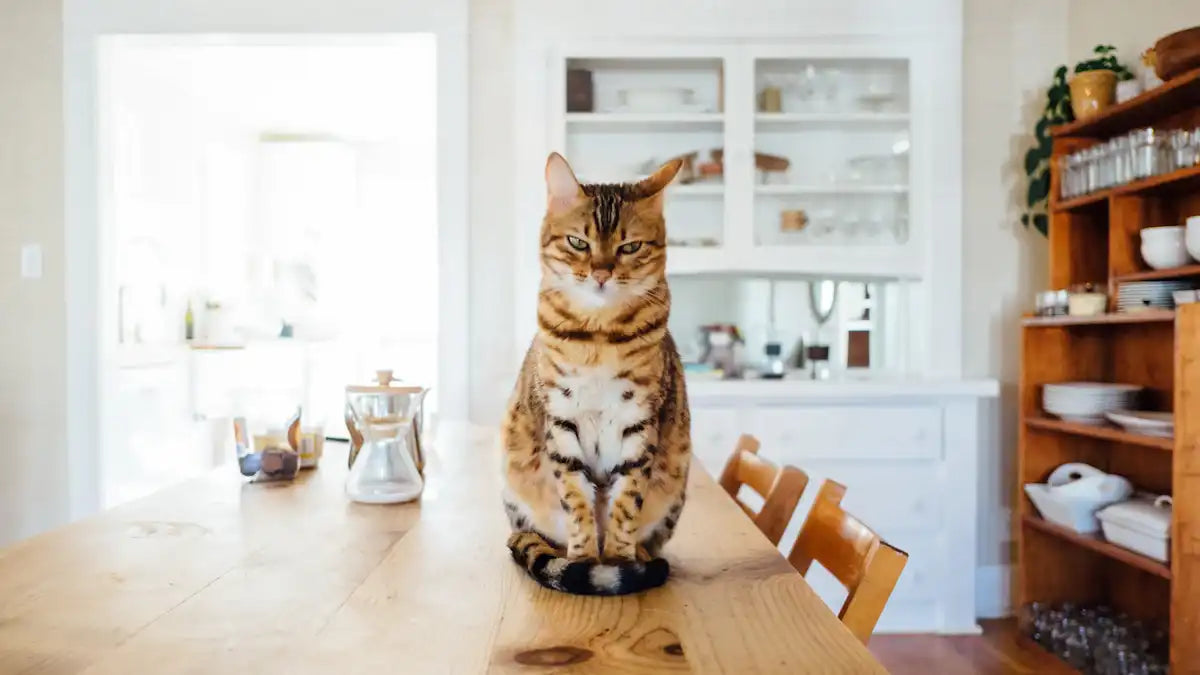
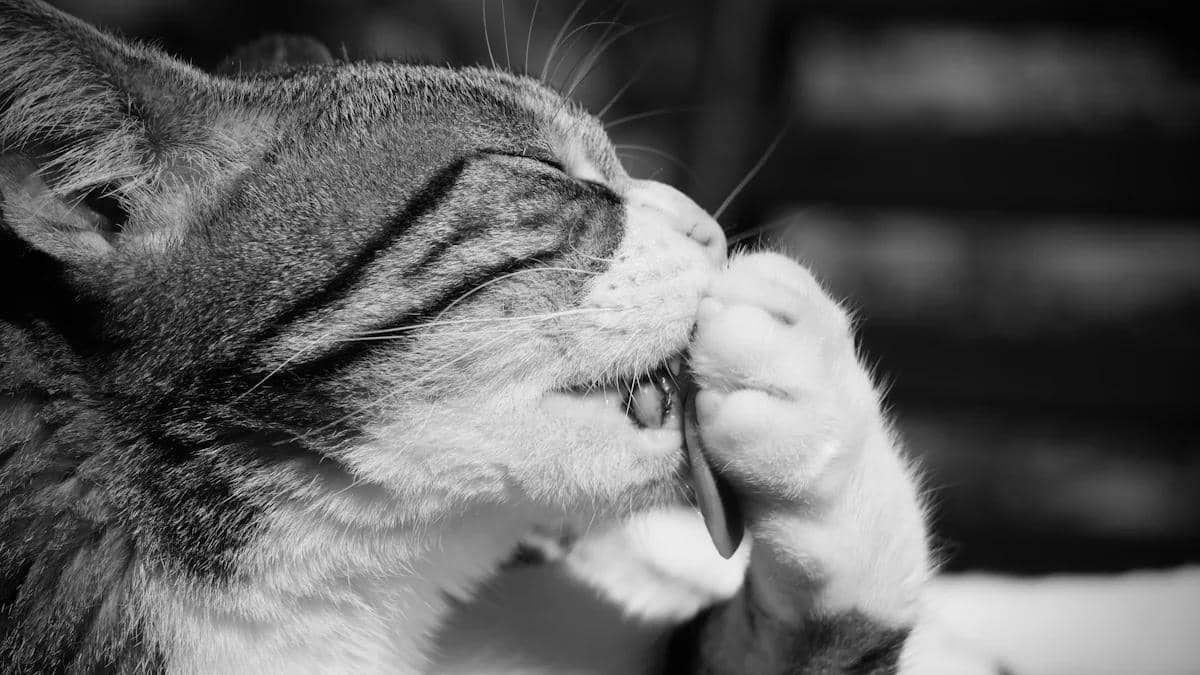
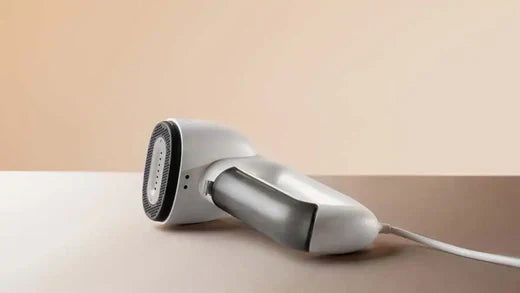
Leave a comment
This site is protected by hCaptcha and the hCaptcha Privacy Policy and Terms of Service apply.